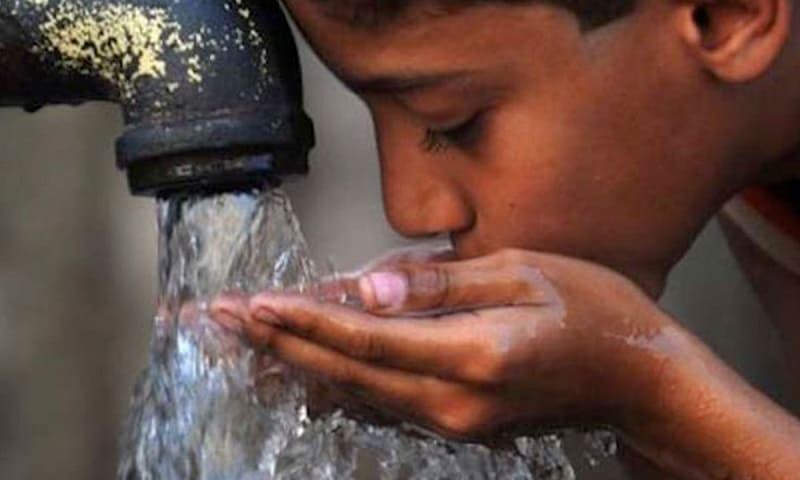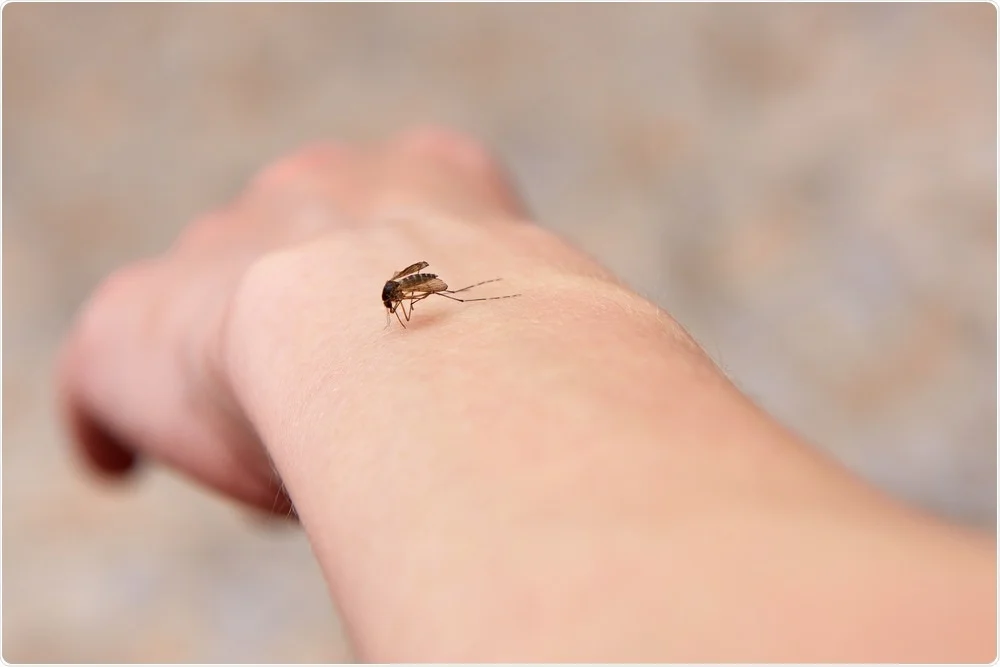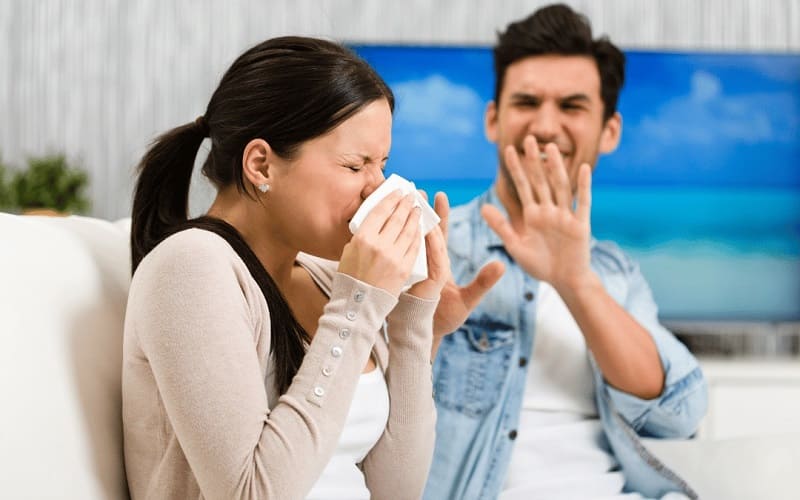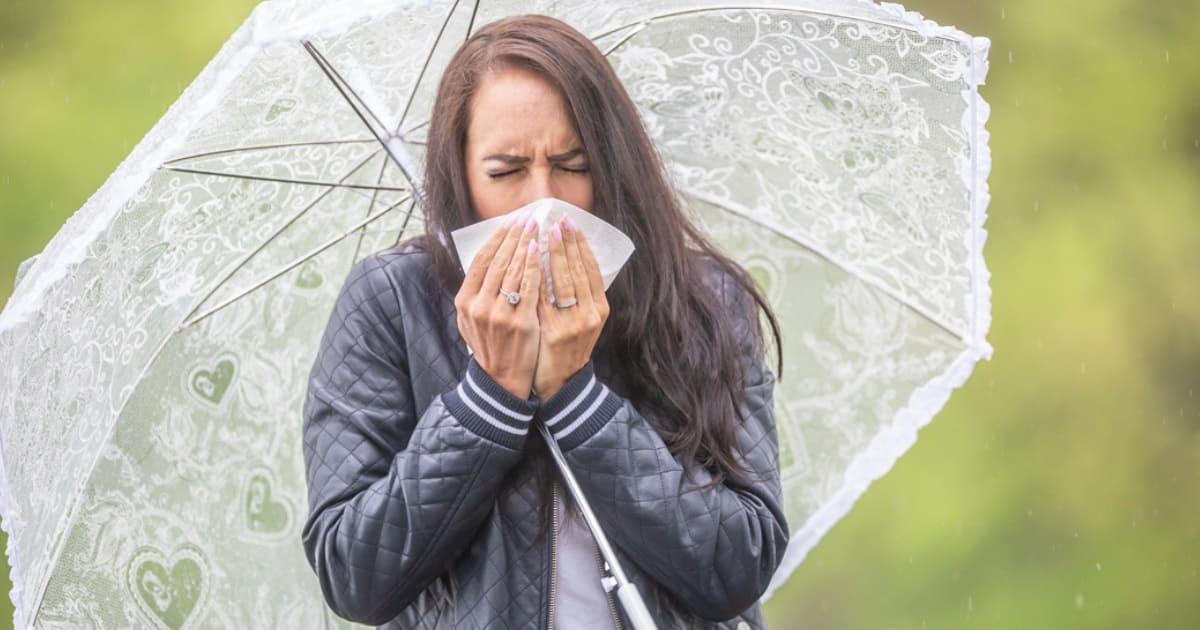Monsoons in India can be overwhelming. The rains cause flooding in certain regions while they seem to never take a break in others. This can impact the quality of the resources around you, which includes food, water, and hygiene standards.
With degradation in this quality, you can expect diseases and illness to infect most people. However, you need not worry, because certain preventive measures and the right advice from a doctor can help you avoid this.
ADVERTISEMENT
Waterborne Diseases
Waterborne diseases spread through contaminated water. When one consumes water that harbours bacteria or germs unsuitable for the body, the following diseases could manifest:
-
Typhoid
This is a common disease caused due to the invasion of the S. Typhi bacteria in the body. It essentially spreads due to lack of hygiene and poor sanitation. It can enter the body through contaminated food, but most commonly through contaminated water. Customary symptoms include fever, joint ache, headaches, and a sore throat.
-
Leptospirosis
Leptospirosis is also called Weil’s disease. It usually spreads due to contact with muck or mud and dirty water. It can enter your body through consumption of contaminants or through exposed cuts and bruises that are infected with the leptospirosis bacteria. This disease can be prognosed through symptoms like muscle aches, shivers, fever, and headaches.
-
Gastrointestinal Infections
These infections can manifest in the form of diarrhoea, gastroenteritis, and vomiting. Common causes include the ingestion of contaminated, uncovered, and stale food or water. Any bacteria that causes this disease can be destroyed through thoroughly boiled water and properly cooked food. You can also keep your food covered and can avoid the consumption of food older than 12-24 hours.
ADVERTISEMENT
-
Cholera
Much like most gastrointestinal infections, cholera spreads due to contaminated and/or stale food and water. This disease is identifiable through symptoms such as fever and diarrhoea.
-
Jaundice
Jaundice is also called icterus. It usually spreads due to contaminated consumables and an unsanitary environment. Some of its symptoms include liver dysfunction, fatigue, yellowing eyes, vomiting, weakness, etc.
-
Hepatitis A
This disease directly attacks the liver. It can cause great damage to the organ through inflammation of its tissue. Physical symptoms could include fever, tenderness of the stomach lining, yellow eyes, fatigue, and loss of appetite.

Vector-borne Diseases
You must have read about this kind of monsoon infection in your health insurance policy document. The diseases spread through insects and mosquitoes are known as vector-borne diseases. Here are a few vector-borne infections for your understanding.
-
Dengue
This disease is common during monsoons due to the Aedes aegypti mosquito. This mosquito breeds in stagnant waters like a bucket, plant pots, wells, etc. Hence, if a mosquito of this species bites a person, a dengue fever is likely to develop. The tell-tale signs of this disease are fever and fatigue, among other ailments that could be subjective.
-
Malaria
This disease is primarily caused due to a single-celled organism called Plasmodium. Moreover, monsoons in India are peak breeding season for the Anopheles minimus mosquito. These mosquitos thrive in canals, water channels, streams, etc.
ADVERTISEMENT
-
Chikungunya
The Aedes albopictus is responsible for this disease. This mosquito breeds in stagnant waters. Chikungunya is not fatal. However, it spreads like most viral fevers do. The symptoms of this disease include arthritic pains and stiffness in the joints/bones.

Airborne Diseases
Airborne diseases can be very scary, judging that decontaminating the germs and bacteria in the air is difficult. However, it is important to spread awareness about them. Hence, given below is a short list of airborne diseases that are common during monsoons.
-
Common Flu
This flu is mostly caused due to the constant fluctuations of temperature seen in the monsoon season. If a person’s immune system is weaker during this time, it is likely that they might contract this infection. You can identify this infection through symptoms like a fever, shivers, a runny nose, a sore throat, and watery eyes.
-
Influenza
This is also known as seasonal flu. It spreads through human contact or germs ejected from a cough or sneeze. This disease is characterised by a stuffy nose, sore throat, headaches, muscle aches, etc.
ADVERTISEMENT
-
Conjunctivitis
Conjunctivitis is also known as pink eye. It causes swelling of the thin layer of tissue on the inside of the eyelids called the conjunctiva. It can be caused due to viruses like the herpes simplex virus, varicella-zoster virus, and the adenovirus. Conjunctivitis can be a companion to cold, sore throat, or respiratory infection.

Preventive Measures
Here’s how you can prevent these diseases from infecting you and your loved ones this monsoon.
- Use mosquito nets around the house
- Don’t allow water to stagnate for a long time in or around your home
- Wash your bathrooms regularly
- Try to avoid the use of public washrooms
- Use mosquito repellents in different areas of your house
- Wash your fruits and vegetables thoroughly before consumption
- Boil drinking and cooking water before use
- Wash your hands multiple times a day and use a sanitizer if a wash basin is not available
- Make sure that the open potholes and drains in your area are covered
- If you have the flu, cover your mouth and nose when sneezing and coughing
- Opt to wear a mask when in company or in public
- Choose to drink anything that is warm
- Stay hydrated
- Maintain a strict personal hygiene routine to avoid fungal infections
- Avoid foods that are most likely to contain microorganisms, like dairy products
- Avoid acidic foods
- Get health insurance to help you with recovery expenses and regular medical check-ups

Conclusion
The onslaught of the monsoons can be very difficult for many people, especially those who commute on a daily basis for school, work, grocery runs, etc. Moreover, diseases, like those previously mentioned, run rampant. Hence, taking all the possible precautions is very necessary. This also includes concerns regarding medical expenses.
If you find yourself sick and need for hospitalisation or domiciliary care, a health insurance plan can be a reliable support for you. In this way, you can fully focus on recovering while your health plan will cater to the finances. However, you can avoid this charade of sickness and suffering by taking preventive measures at the right time. It isn’t too late to start now.
ADVERTISEMENT
ADVERTISEMENT












